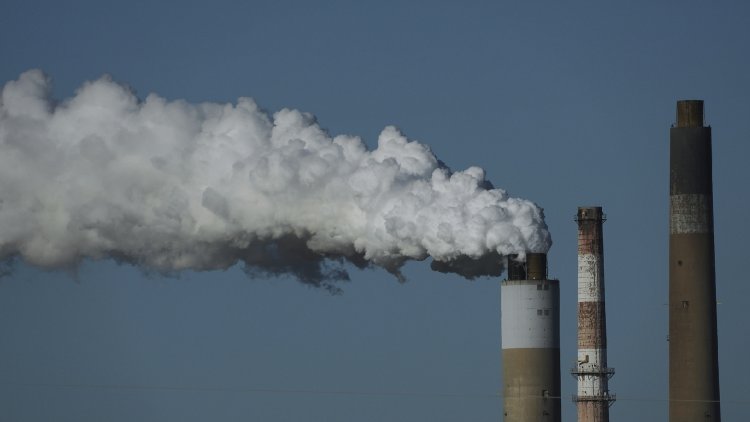Trump grants exemption to 70 coal plants from federal rule on mercury pollution
The Trump administration has issued nearly 70 coal-fired power plants a two-year exemption from federal mandates aimed at reducing emissions of hazardous chemicals like mercury, arsenic, and benzene. A list made available on Tuesday on the...

A list made available on Tuesday on the Environmental Protection Agency's website identifies 47 power providers that manage at least 66 coal-fired plants, which will benefit from exemptions under the Biden administration's regulations related to the Clean Air Act. These rules include restrictions on air pollution from toxins such as mercury. This move follows an executive order by President Donald Trump last week intended to revive the struggling coal industry, which has experienced a prolonged decline despite being a reliable, albeit polluting, energy source.
Included among the exempted facilities is the Colstrip Generating Station in Colstrip, Montana, noted for emitting more toxic air pollutants like lead and arsenic than any other similar facility in the U.S. Other plants granted exemptions are Coal Creek Station in North Dakota, a leading emitter of mercury, and the Oak Grove plant in Texas, known for its pollution levels.
The exempted facilities are owned by some of the largest power companies in the U.S., such as Talen Energy, Dominion Energy, NRG Energy, and Southern Co. Four plants operated by the Tennessee Valley Authority, the nation's largest public utility, are also covered by these exemptions.
In a statement released Tuesday, the EPA asserted that the presidential exemptions "will bolster coal-fired electricity generation, ensuring that our nation's grid is reliable, that electricity is affordable for the American people, and that EPA is helping to promote our nation's energy security."
Michelle Bloodworth, president of a lobbying group for coal-fired plants, emphasized that Trump understands the importance of the coal fleet in maintaining a "healthy and secure electricity supply – the backbone of our economy." She criticized the regulations put in place by former President Joe Biden, asserting they "were inconsistent with the Clean Air Act and based on an improper analysis of data."
Bloodworth noted that the mercury rule finalized last year might have led to the premature closure of numerous coal units, arguing that these plants are essential for the reliability of the electric grid.
Conversely, environmentalists condemned the exemptions, which necessitate a presidential finding that the technology to comply with the new rules is not widely available and that the ongoing operation of the plants supports national security. Maya Golden-Krasner, a senior attorney at the Center for Biological Diversity, stated, "These passes to pollute carve a ragged hole through the heart of federal protections for the air we breathe. To suggest that it's a matter of national security to force people from Montana to Alabama to inhale more neurotoxins is offensive. This is what it looks like to put polluter profits ahead of the well-being of Americans and the planet."
Environmental and public health advocates have criticized the administration's plan to allow exemptions, claiming it could enable hundreds of companies to bypass laws established to protect public health and the environment. Critics have labeled the new email address created by the EPA for requesting exemptions a "polluters' portal."
Exemptions can apply to nine EPA rules, including those regulating mercury, ethylene oxide, and other hazardous air pollutants. Mercury exposure is known to cause brain damage, particularly in children, and can lead to birth defects from maternal exposure during pregnancy.
Last week, Trump issued a series of executive orders that utilized his emergency authority to allow some older coal-fired power plants, which were slated for retirement, to continue generating electricity in response to increasing U.S. power demand—driven by the expansion of data centers, artificial intelligence, and electric vehicles. Trump also directed federal agencies to pinpoint coal resources on federal lands, remove barriers to coal mining, and prioritize coal leasing on U.S. lands.
Trump has consistently promised to revive what he deems "beautiful" coal for electricity generation and other uses.
Sanya Singh for TROIB News
Discover more Science and Technology news updates in TROIB Sci-Tech












